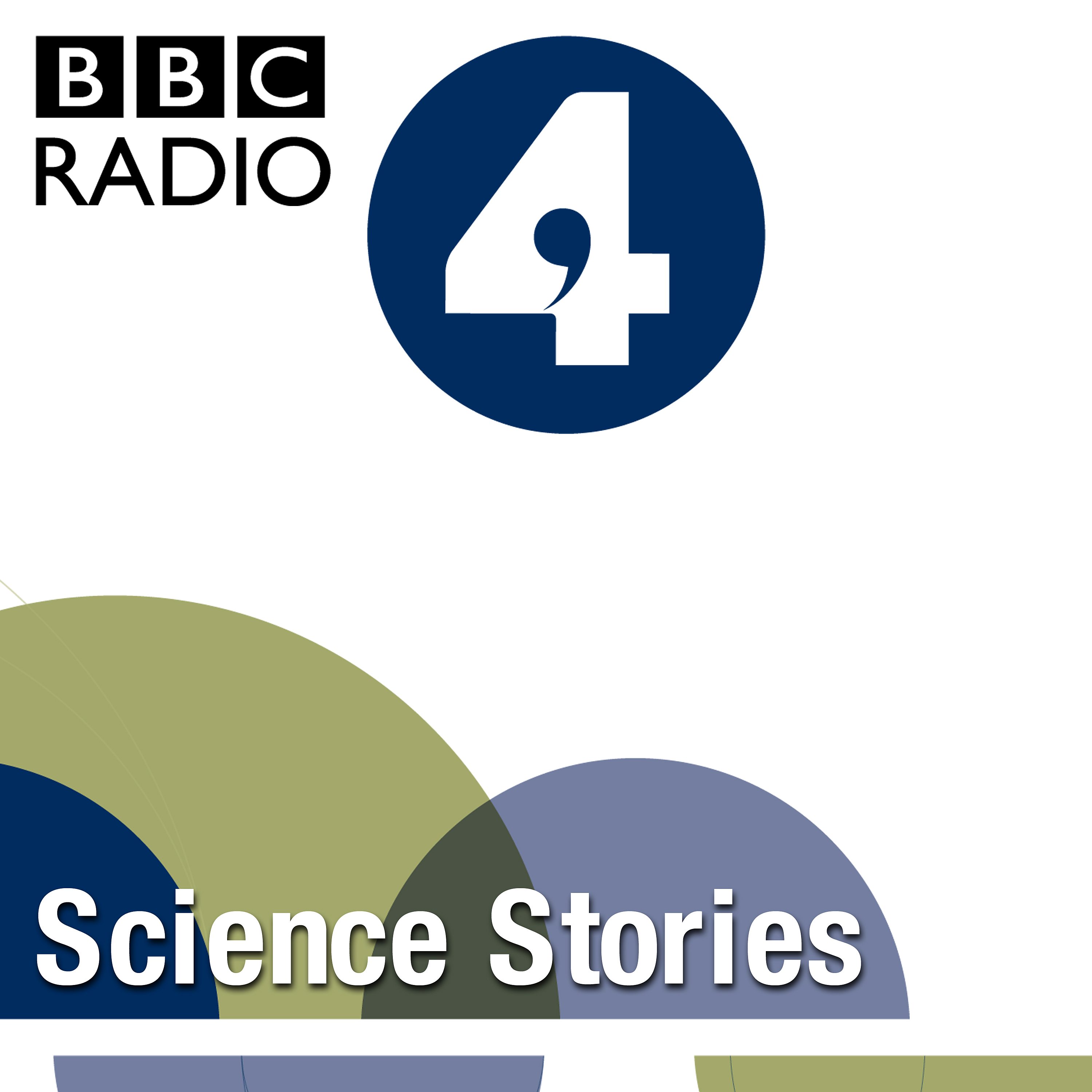Alexis Carrel and the immortal chicken heart
Description
Philip Ball tells the story of Alexis Carrel, the French surgeon who worked to preserve life outside the body and create an immortal chicken heart in a dish. His quest was to renew ageing flesh, repair and rebuild our bodies and keep them healthy far beyond the usual human lifespan. In the early twentieth century his science was pioneering but his mission to achieve eternal life was underpinned by a dark and terrifying agenda. Carrel was a racist who advocated eugenics to preserve the superior civilisation of the West.
Philip Ball discusses the history and cultural impact of the tissue culture techniques developed by Carrel with social historian Professor Hannah Landecker of the University of California at Los Angeles. And he finds out about the legacy of Carrel's research from Dr Madeline Lancaster of Cambridge University, one of the pioneers of the growth of brain organoids from stem cells; small clusters of neurons and other cells, rather like mini organs no bigger than a dried pea.
More Episodes
Published 09/10/19
Philip Ball tells the story of Ramon Llull, the medieval prophet of computer science. During the time of the Crusades Llull argued that truth could be automated and used logic over force to prove the existence of the Christian God. It was a dangerous idea that got him thrown into prison and...
Published 09/03/19
Lindsey Fitzharris tells the story of Ignaz Semmelweiss, the hand washer. In a world that had no understanding of germs, he tried to apply science to halt the spread of infection. Ignaz Semmelweis observed that many young medical students at his hospital in Vienna went directly from an autopsy,...
Published 08/27/19


